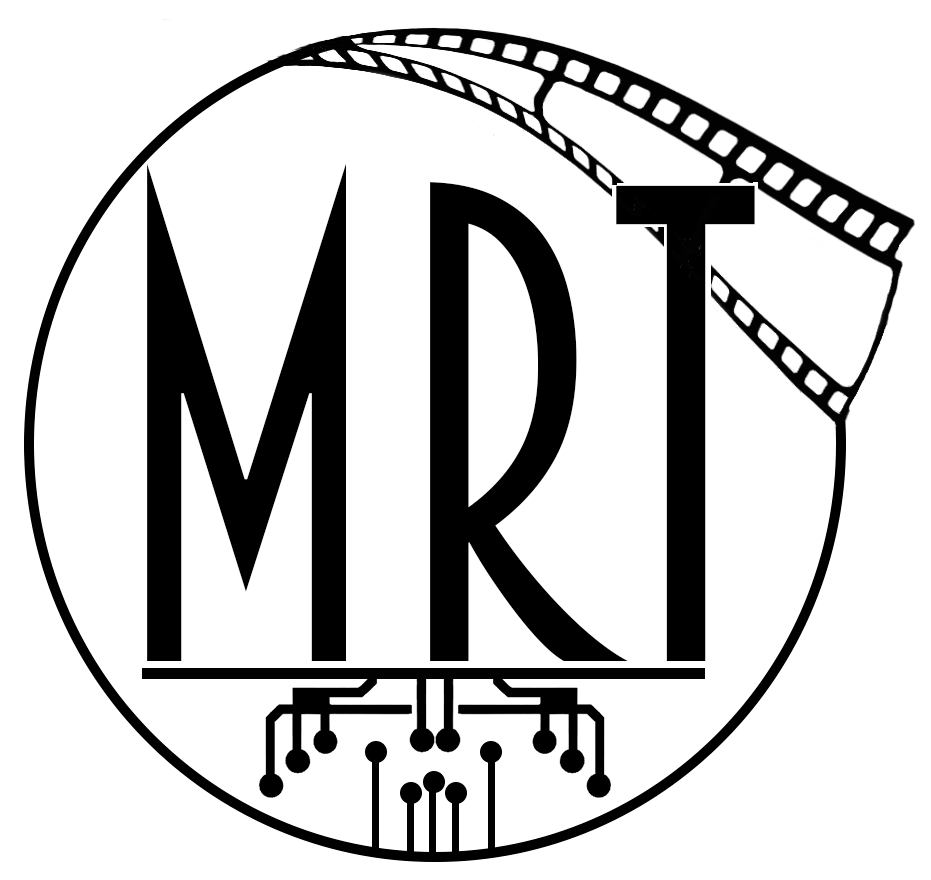One of the most important jobs of a storyteller – regardless of the medium – is to study, understand, and empathize with the experiences of our fellow human beings. On the up side, we're all equip with the ability to relate to others. On the down side, human beings are perplexing, contradictory, at times unpredictable, and frustrating. In order to understand other people, their lives, and their struggles, we have to accept the reality of said people, all the aspects we like and appreciate about them, and all the aspects we can't stand. We also have to accept the strengths and weaknesses that lie within ourselves, so we can put ourselves in other people's shoes. In order to understand the hate that motivates a villain of our's, we have to remember back to and accept, times when we felt hate and why.
We all have a vision of our ideal world; that vision fuels our beliefs, values, and attitudes towards the world and the people within it. Despite our different beliefs – religious or not, political or not, flexible or strict - we all exist in the same reality, with the same laws of physics, biology, and psychology. There are concrete and objective reasons behind why people are the way they are, and the choices they make. Despite the subjective nature of entertainment, it all draws from the same universal elements.
In order to tell a story which people from all walks of life can understand and relate to, we need to see past our own beliefs and biases. We need to see our fellow humans for who they are, and not based on what we wish they were. The truth can be painful, but that pain in confronting hard truths, is a big part of our job. Just as physical soreness and discomfort is a part of the job of a construction worker, emotional soreness and discomfort is a part of a storyteller's job. In a perfect world, no one would be rejected, scorned, forgotten, ignored, or preyed upon, but that's not real life, and stories lacking any of those elements just aren't that much fun to watch.
I could go on forever when it comes to this subject matter, and my own experiences as a storyteller, but I'd rather step into the role of an audience member. Although comedy and sci-fi are my favourite genres, I'll watch any type of movie, as long as it's entertaining. A major bias I possess, is a massive distaste in religion of any form. I believe in “freedom of religion”, but personally, I want nothing to do with it, and I have a long list of reasons. I recently watched the movie “Family Camp” on “Netflix”, and I thoroughly enjoyed it. “Family Camp” is a comedy about families attending a Christian summer camp, hosted by their church. All of the characters in the movie were devote Christians, with a love of God, and even though I didn't share their love of God, I was still able to relate to all of the characters.
The thing about “Family Camp”, is that even though it's a pro-Christian movie, it doesn't fall back on ideals, nor does it attempt to preach to or convert it's audience. The characters all want to be “good Christians” but they all succumb to the same faults, fears, and oversights as the rest of us. If it wasn't for the honest look at these characters' faults, it wouldn't make for much of a comedy, because there would be nothing to poke fun at. As a whole, most of the jokes land, and I felt invested in the life challenges the characters' faced, and cheered them on, as they tried to fix and heal the divides in their families. There were no weird endings with angels lecturing the audience, or everyone rising to heaven during the “Rapture”, just a normal summer camp type of resolution.
I'm not saying there's no place in movies for messages, politics, or cultural commentary, I'm just saying we need to approach all of those things honestly. Another movie I loved was “Hidden Figures”. It was a popular movie about black women working in the math department at NASA, in 1961. After seeing it myself, I remember a good friend of mine posting on Facebook, saying he liked the movie, but that the film downplayed the racism the women faced. I had watched interviews with the women the movie was based on, and they admitted that the racism in the movie was actually played up. The bathroom conflict in the movie was also a complete fabrication. I told my friend this, and he was shocked, but accepted it for what it was. Overall, “Hidden Figures” is an amazing movie, but they did take a risk distorting perceptions on an important subject matter like racism. Racism is an important issue to deal with in film/tv, but like with everything else, how it's displayed in film will impact the perception of audience members. Sometimes, even in “based on a true story” films, we need to take creative liberties for dramatic effect, but we should never let ourselves overlook the importance of honesty in our storytelling.
If you want to learn more about the author, Chris Griffin, check out his website at www.angrybearfilms.com



Comments